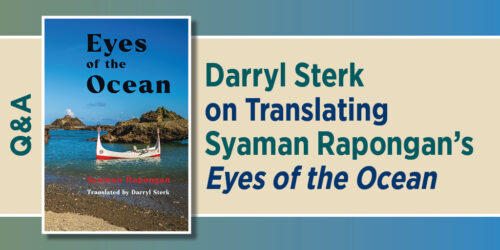Roland Barthes on The Hope of Writing — The Preparation of the Novel
In his lecture of December 1, 1979, Roland Barthes discusses “The Work as Will,” and in this excerpt he talks about the hope of Writing. (For other excerpts from The Preparation of the Novel, click here and here.)
The Hope of Writing
Hope
Especially that Time of reading and of jubilatory reading that occurs in Adolescence—but also throughout a Writer’s Life, where nothing is given, and Desire is constantly being reborn. Writing presents itself as a Hope, the color of a Hope—let’s remind ourselves of Balzac’s very beautiful formulation: “Hope is a memory that desires.” Every beautiful work, or even every impressive work, functions as a desired work, albeit one that’s incomplete and as it were lost because I didn’t write it myself; in order to recover that work, I have to rewrite it; to write is to want to rewrite: I want to actively add myself to something that’s beautiful but that I lack, that I require. …
Reading and writing: they each start the other off; perhaps that’s what the Force of all Creation and even of all Procreation amounts to: in the procreated child, I add myself to the person I love → Relationship between Reading and Writing: would be nuptial → Rapprochement between Creation and Procreation: it’s been done countless times, but it’s inevitable; it’s therefore necessary to give it its anthropological meaning: to Procreate and to Create = not, strictly speaking, a Triumph over Death but a dialectic, the Dialectic of the Individual and the Species: I write, I “finish” (the work), and I die; in so doing, something lives on: the Species, literature → Which is why the threat of decline or extinction that can weigh on literature tolls like an extermination of a species, a sort of spiritual genocide.




